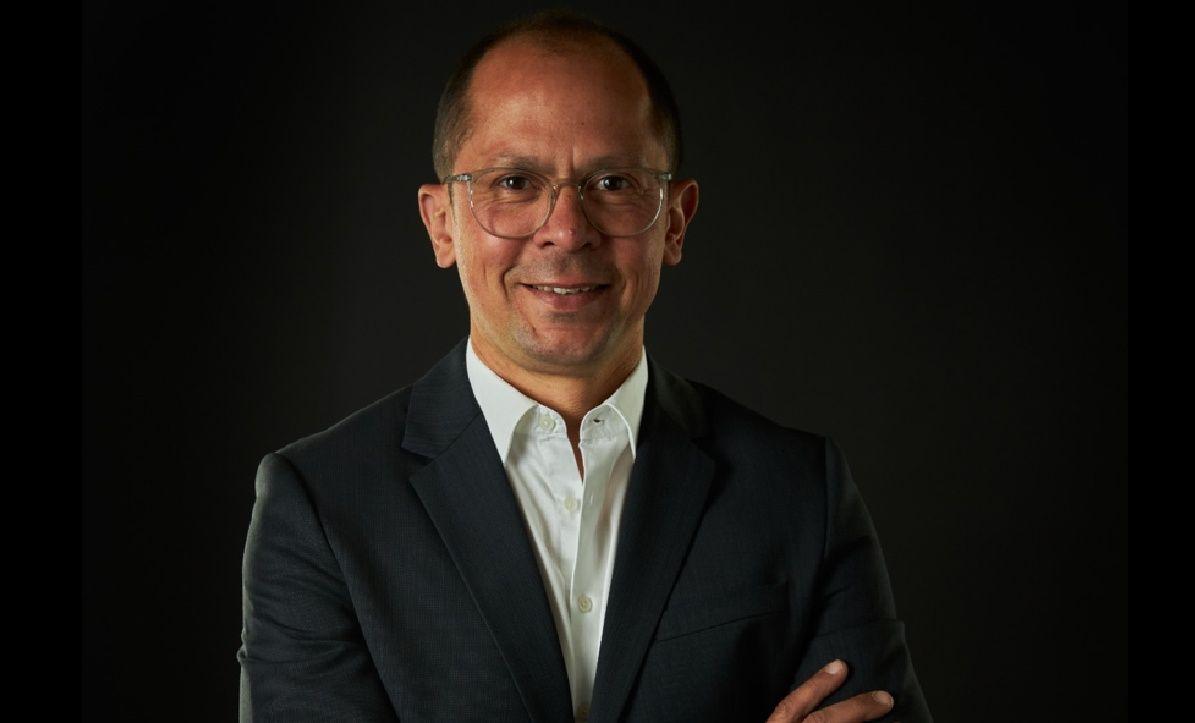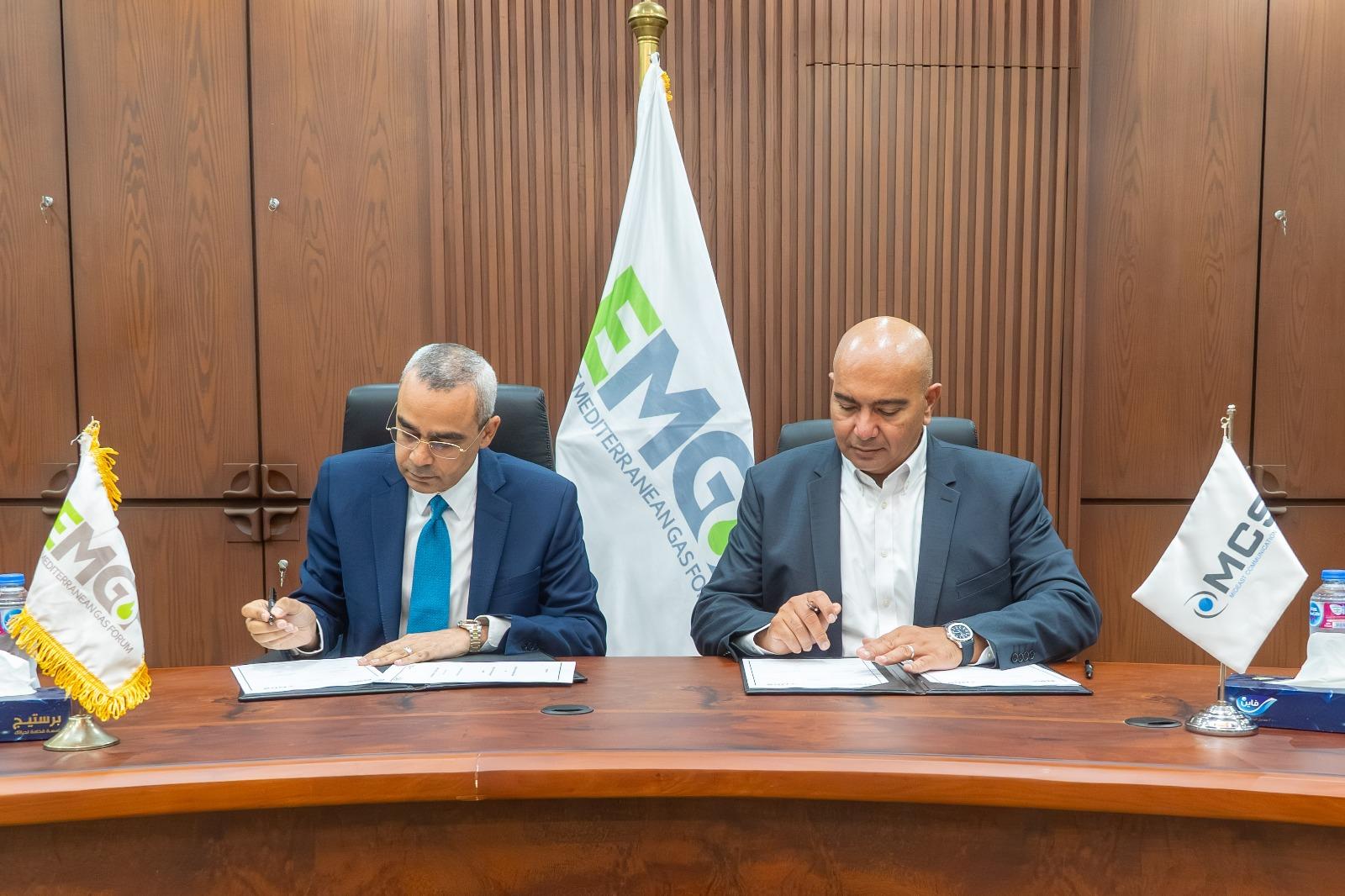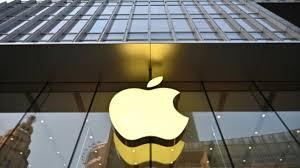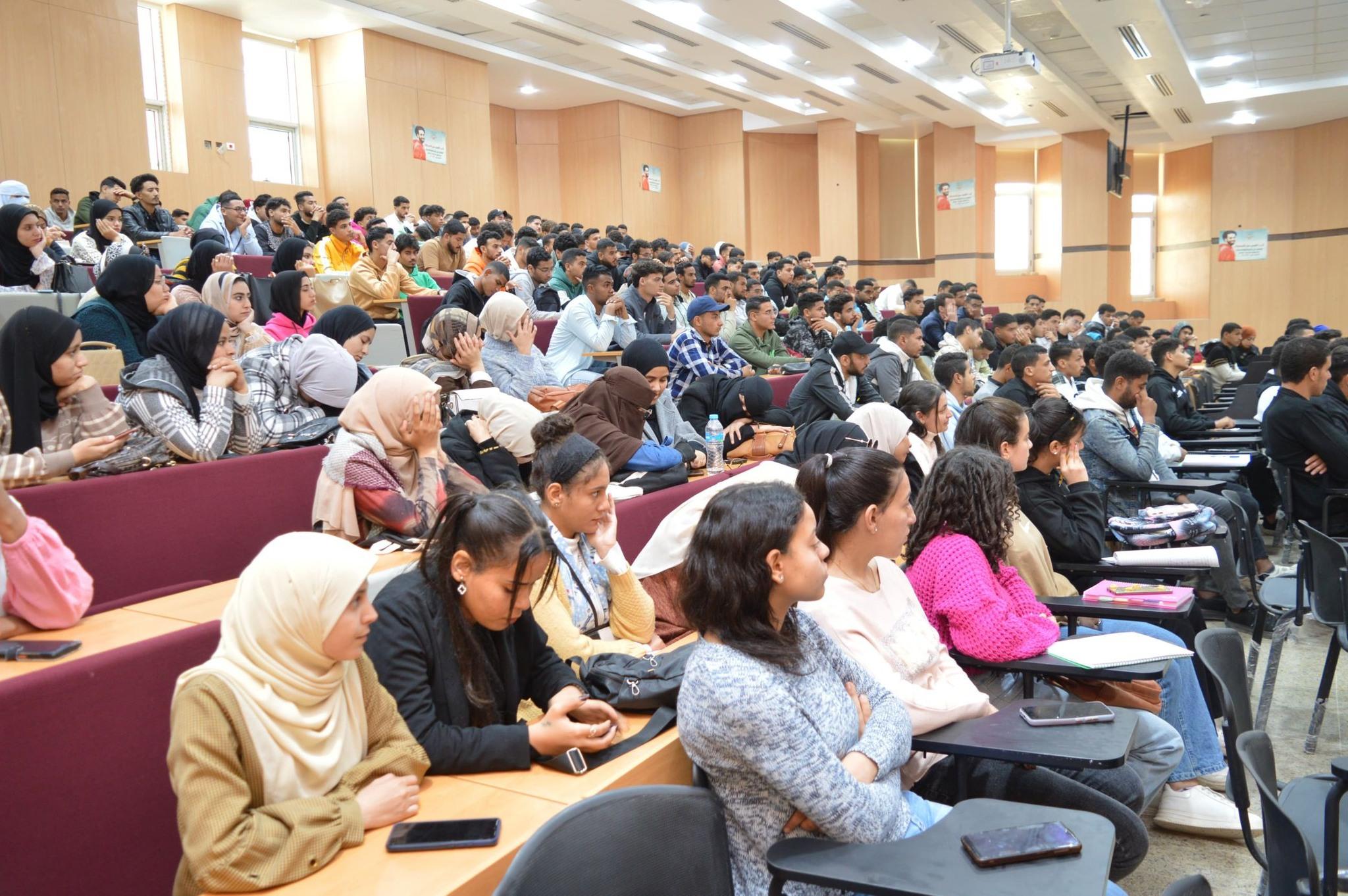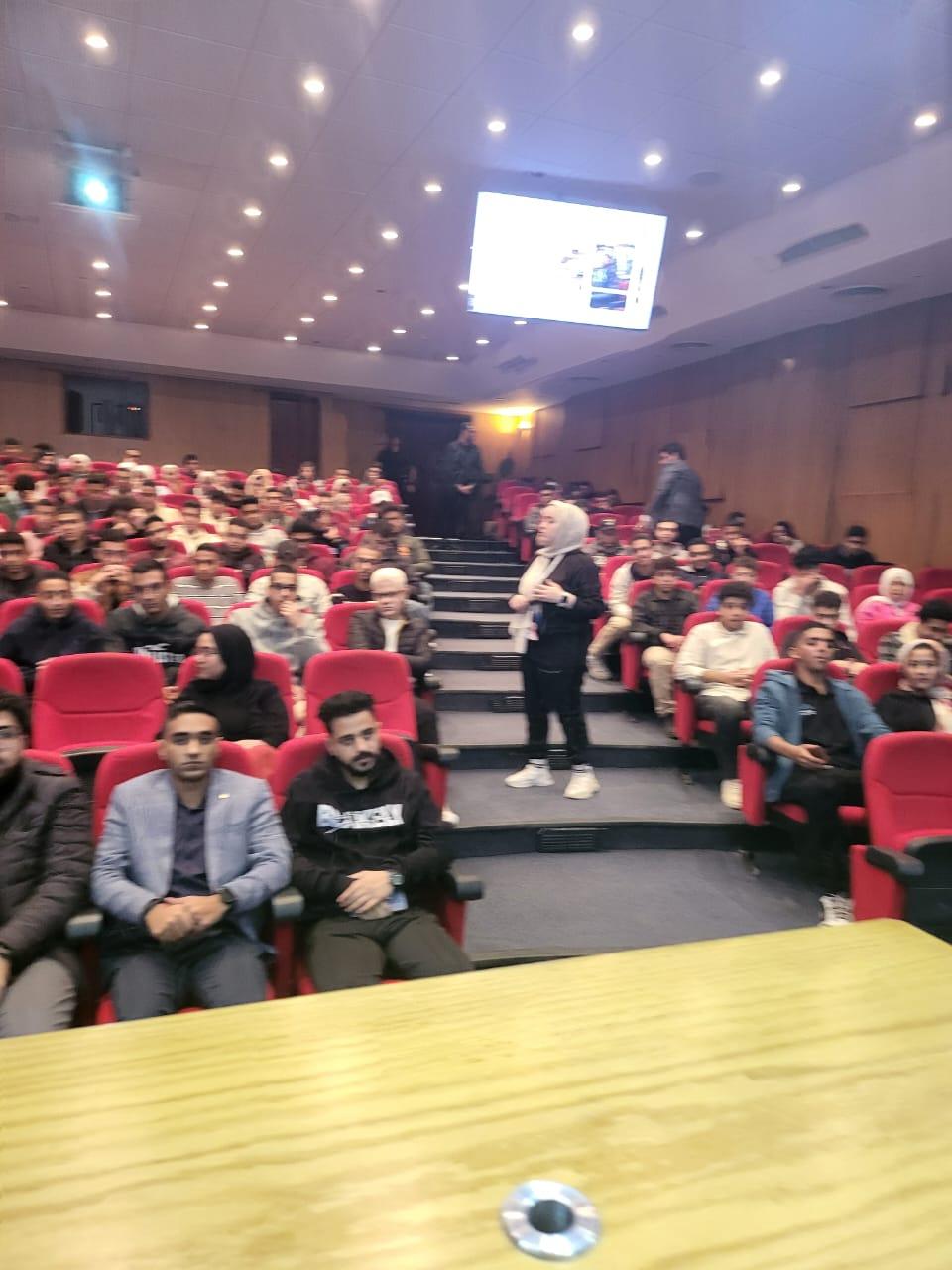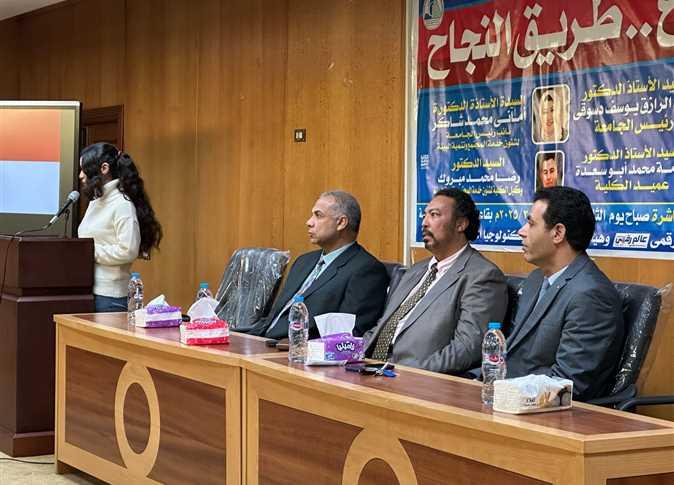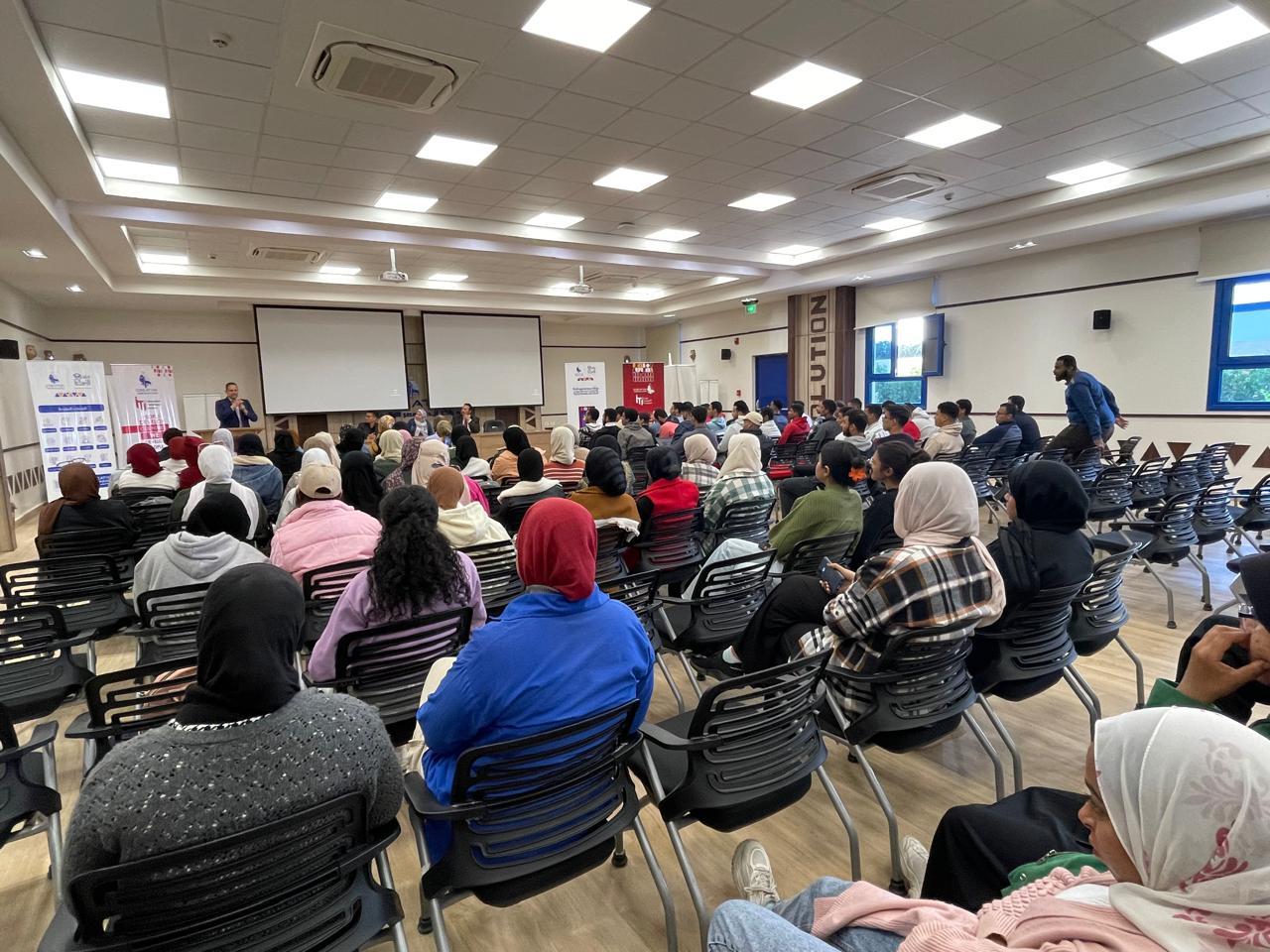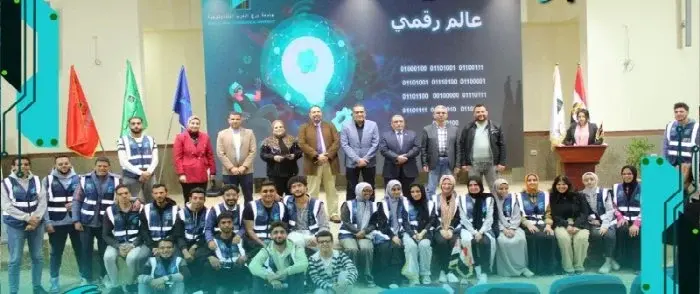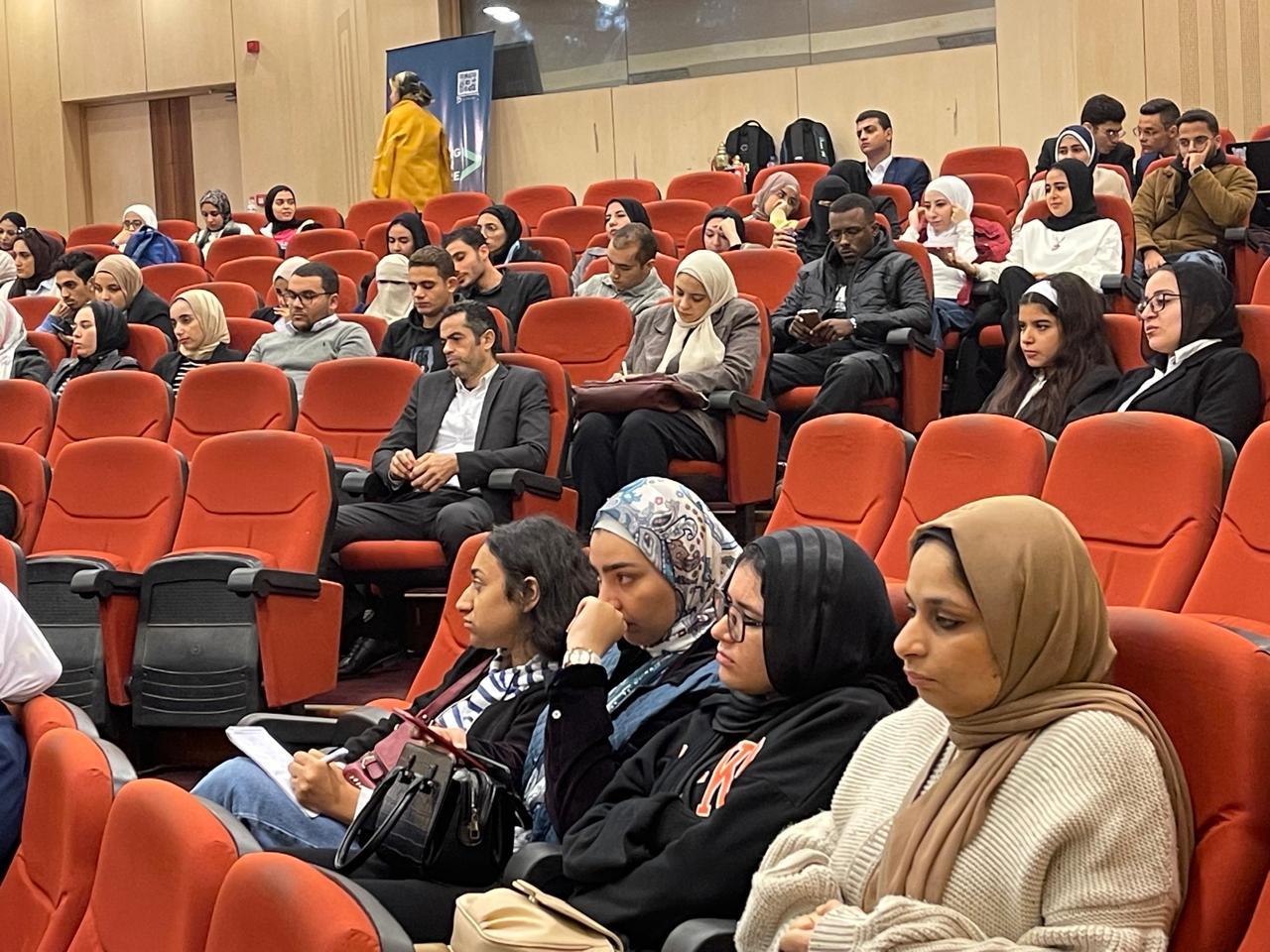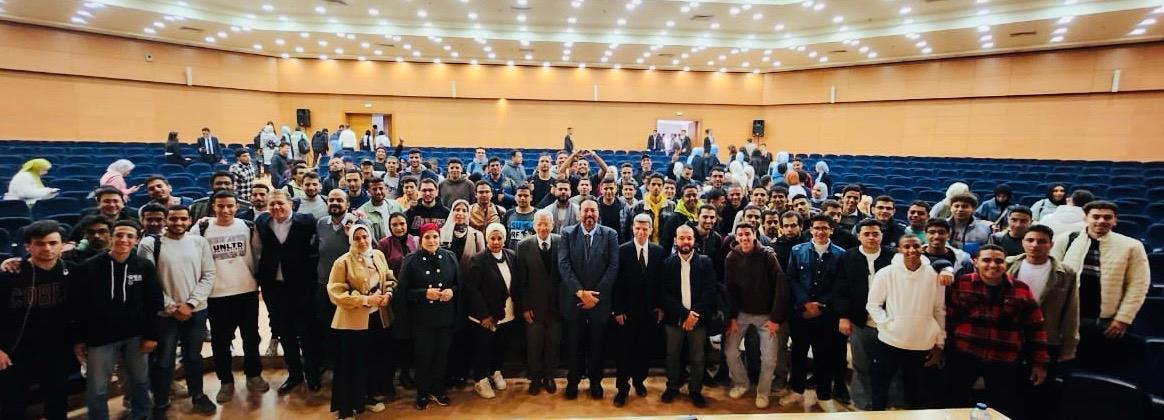A ‘brick-and-mortar real estate swap’ between the state and the central bank could address Lebanon's financial crisis
The move contributes to reducing the proportion of public debt of GDP to 70 percent
by Mr. Firas Sleem
CEO of Virtue Consulting
Some may wonder why the Banque du Liban operates a vital facility such as Middle East Airlines. The reason for this was the bankruptcy of Intra Bank in the 1960s, which made the central bank the owner of the airline since then. When any institution in the world is liquidated, its physical assets are sold to fulfill the rights of its creditors, and this is what happened with Intra Bank at the time. In a simple economic approach, we can say that the Lebanese state owes the Central Bank and the Social Security Fund more than 60 percent of its public debt, while the total debt of the commercial banks of the state does not exceed 40 percent as well as a very small percentage belonging to the non-banking private sector.
This fact is a safety valve for the public finances of the Lebanese state, as 60% of its debt is owed by the state itself, through the Central Bank. In light of this fact, the fundamental problem facing Lebanon is the shortage of liquidity in the dollar currency, which has continued to cross the border to serve the electricity sector and to meet a very large volume of imports that can be dispensed by strengthening the local industry across sectors. The result of these hard funds over the past nine years (2011 to 2019) has made the balance of payments negative throughout that period in exchange for inward remittances acceptable but insufficient to fill the deficit in this balance and in light of an economic growth that did not exceed one percent per year at its best.
Hence, the ‘liquidity-stress’ in foreign currency is the main challenge for the state at the present time and there is an assertion on the government's ability to repay the debt due in the first two quarters of 2020 as it did last November, which is a positive indication that the default will not happen at least until the end of that period.
Thus, we see that the real estate sector is the lever that can promote the Lebanese economy and attract foreign investment. This comes from the fact that the Lebanese expatriate are always very eager and willing to buy real estate in the country. The solution we propose to swap real estate property belonging to the Lebanese state for its debt to the Banque du Liban may be viable. Nominally, the property remains owned by the Lebanese state, but we have transferred it to the central bank that could establish a real estate development company, could become one of the richest in the Middle East for having a large and highly demanding land portfolio.
The ownership of this real estate portfolio makes it the only company in the world that has a real client base to invest in, namely, the existing large Lebanese depositors. Some economists will argue that this is correct economically, but I see it as a solution to the financial crisis in the country, since the Lebanese depositors, especially from the category of large depositors, will never mind transferring their money to real estate in all its forms if this option is granted by a trusted entity such as the Central Bank of Lebanon.
Banque du Liban operates an important state facility, such as Middle East Airlines, which is directly managed by the bank and generates an annual profit of more than USD 30million. What is wrong with the bank also setting up a real estate development company that can manage the vast lands owned by the Lebanese state country-wide?
Thus, the public debt, which constitutes more than 150 percent of GDP, is reduced to 70 percent by the central bank canceling its debt in favor of the Lebanese state, which will enhance our global credit rating by decreasing the ratio of public debt against GDP.
By that, we will have a ‘Swap’ of another kind, a brick-and-mortar real estate swap. The new company will be directly managed by the Central Bank and will be affiliated to it. In no way it will be a private company or a public shareholding company and as a master developer, it will attract sub-developers to develop selected projects and thus attract long-term foreign investment, which will enhance the national economy and boost its negative growth.
This will make the Lebanese depositors more motivated to trade their money to acquire Lebanese properties sold to them within a unified pricing standards and with great deal of transparency and equality. To reassure Lebanese depositors, the new company could be subject to transparent auditing from a neutral international company to ensure transparency and integrity in its management.
The state-owned real estate development company, which owns the land, can develop all types of houses and apartments of different categories and have a barter deal with depositors' money as an option to them provided they agree on doing so.
This wouldn’t only boost the GDP but it will also give a shot in the arm of the balance of payments (BoP) of Lebanon by attracting foreign capitals from Lebanese expatriates, which would reduce the negative growth the economy’s deficit since 2011.





